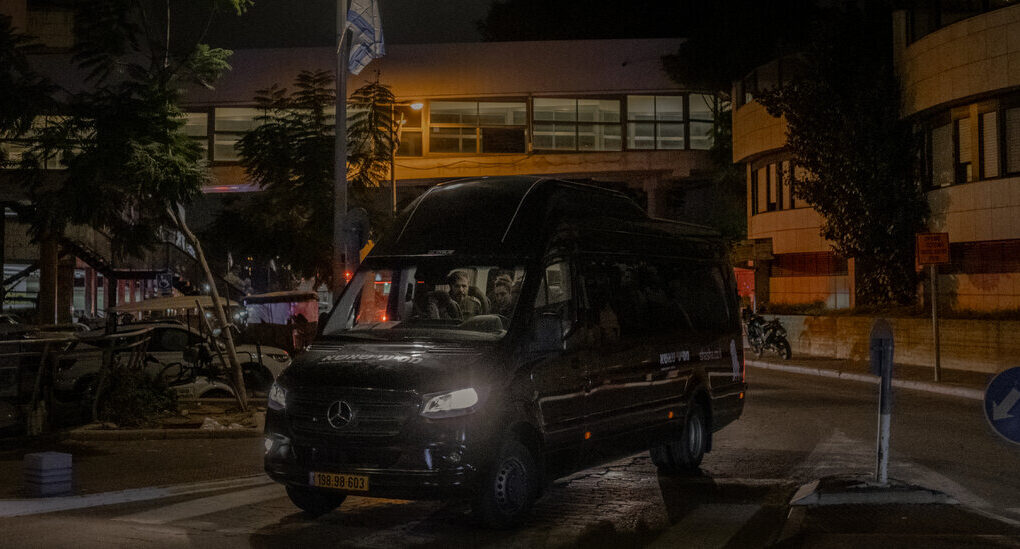A mother released from captivity in Gaza with her young son told relatives that they had slept on chairs pushed together. An 85-year-old grandmother from a different family described counting the days to keep track of time.
On Sunday, two days after the first group of 13 hostages was released and brought back to Israel, details began to emerge of the nearly 50 days they and others released on Saturday spent as captives of armed groups in the Palestinian enclave, via conversations with relatives.
The freed hostages have not spoken directly to the news media and most are still being treated in private areas of Israeli hospitals. Much of the information about where, and how, they were held remains classified.
Relatives who have spoken or met with some of the released hostages said all seemed to have spent their weeks in captivity totally cut off from the outside world, and to have returned thinner than before.
“They were eating, but not regularly and not all of the time,” said Merav Mor Raviv, a cousin of Keren Munder, 54, who was released on Friday along with her son, Ohad Munder-Zichri, 9, and her mother, Ruth Munder, 78. “They ate a lot of rice and bread,” Ms. Raviv said, adding that Keren told her that both she and her mother had lost about 6 to 8 kilograms, or 13 to 18 pounds.
Ms. Raviv related that the Munders had slept in a reception room on improvised benches they fashioned by pushing three chairs together, and that when they wanted to go to the bathroom they would have to knock on a door and wait — sometimes for up to two hours.
Adva Adar’s grandmother, Yaffa Adar, 85, was among the hostages released on Friday. She noted that her grandmother had lost weight and was aware that she had been held for nearly 50 days because she had kept count.
Ms. Raviv and Adva Adar spoke to reporters on Sunday via a video call organized by the Hostages and Missing Families Forum, a nongovernmental group set up to support the hostages and their families, and Media Central, an Israeli nonprofit group that provides services to journalists.
In an indication of how isolated the hostages were, Ms. Raviv said, Ruth Munder learned only after being released that her son, Roi, had been killed during the Oct. 7 assault.
But the Munders also received some better news. Ms. Raviv said that Ruth had assumed her husband, Avraham Munder, was killed in the attacks but was told upon her release that he had survived and been taken separately to Gaza.
Ms. Raviv said the Munders “didn’t have a clue” about the public campaign for their release and the fact that their faces and names are now known all over Israel.
The uncle of two hostages who were among those freed late Saturday — Noam Or, 17, and his sister Alma, 13 — told the BBC on Sunday that they, too, were unaware until their release that their mother, Yonat Or, had been killed in the Oct. 7 terrorist attacks.
“They have some difficult stories to tell of the way they were captured and treated,” Ahal Besorai said of his nephew and niece. He said he had spoken with them on a video call at the hospital where they are staying.
The Or siblings were taken hostage with their father, Dror, who is believed to still be held in Gaza. Mr. Besorai said Noam and Alma were held separately from their father.



